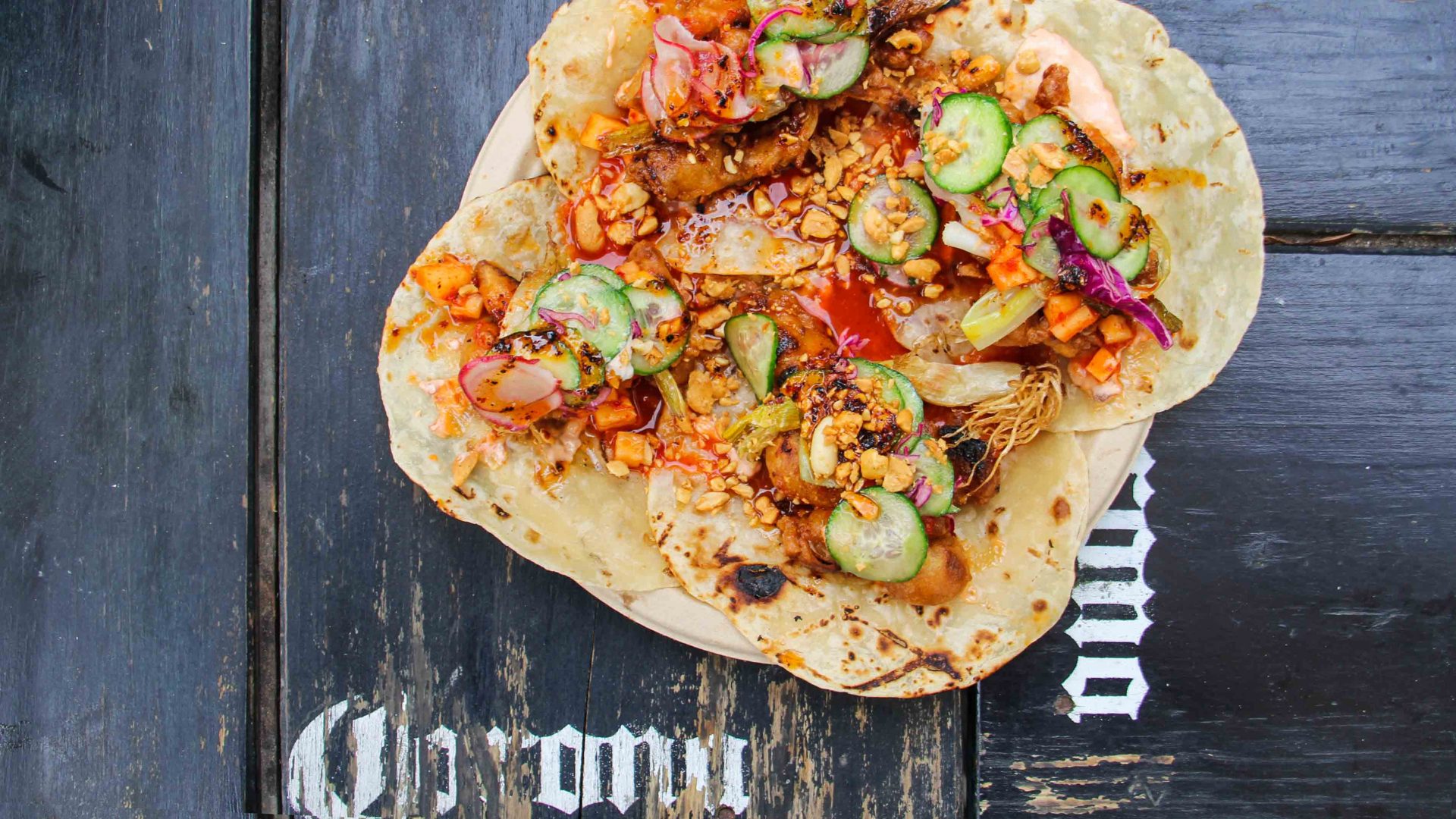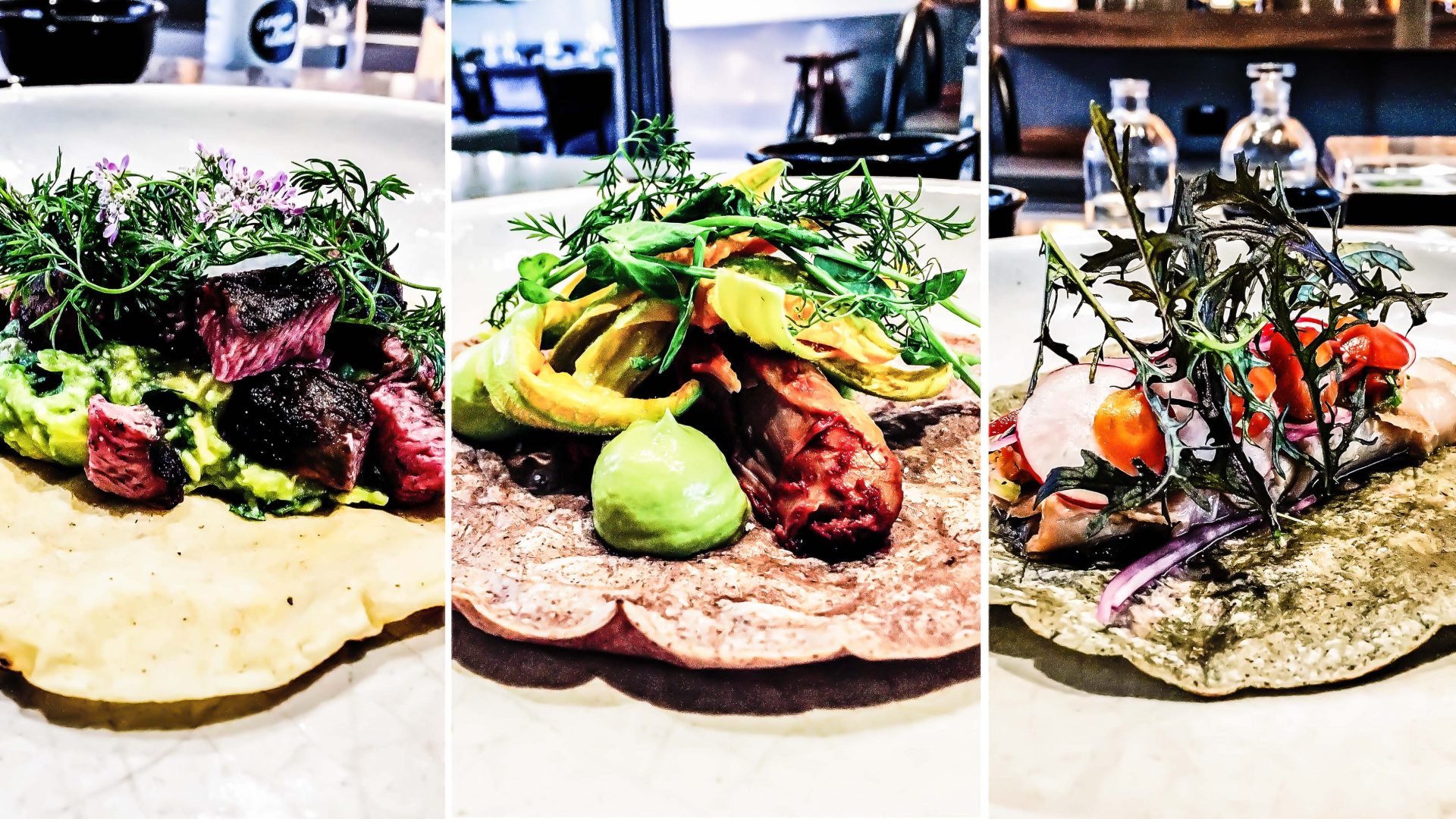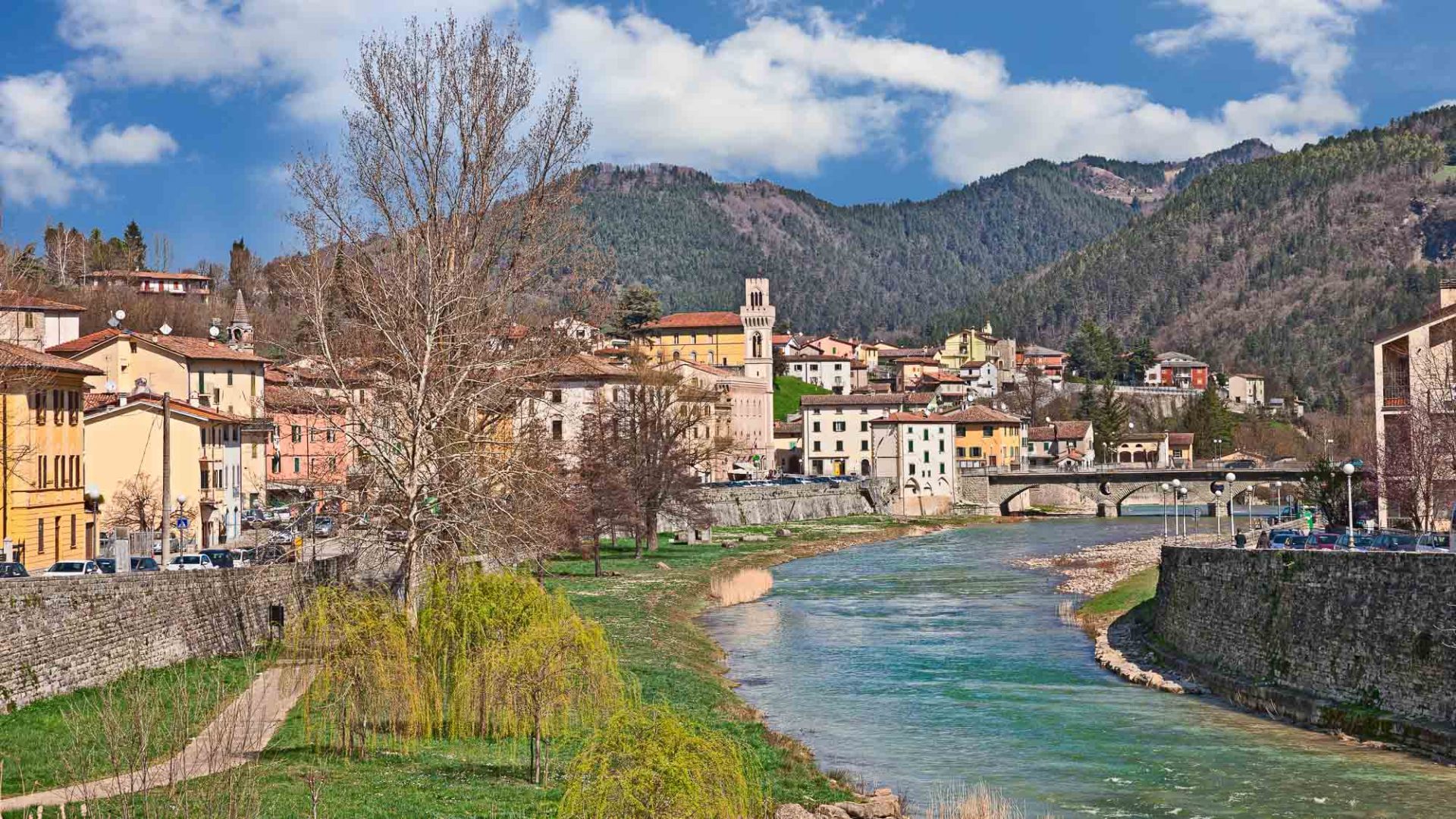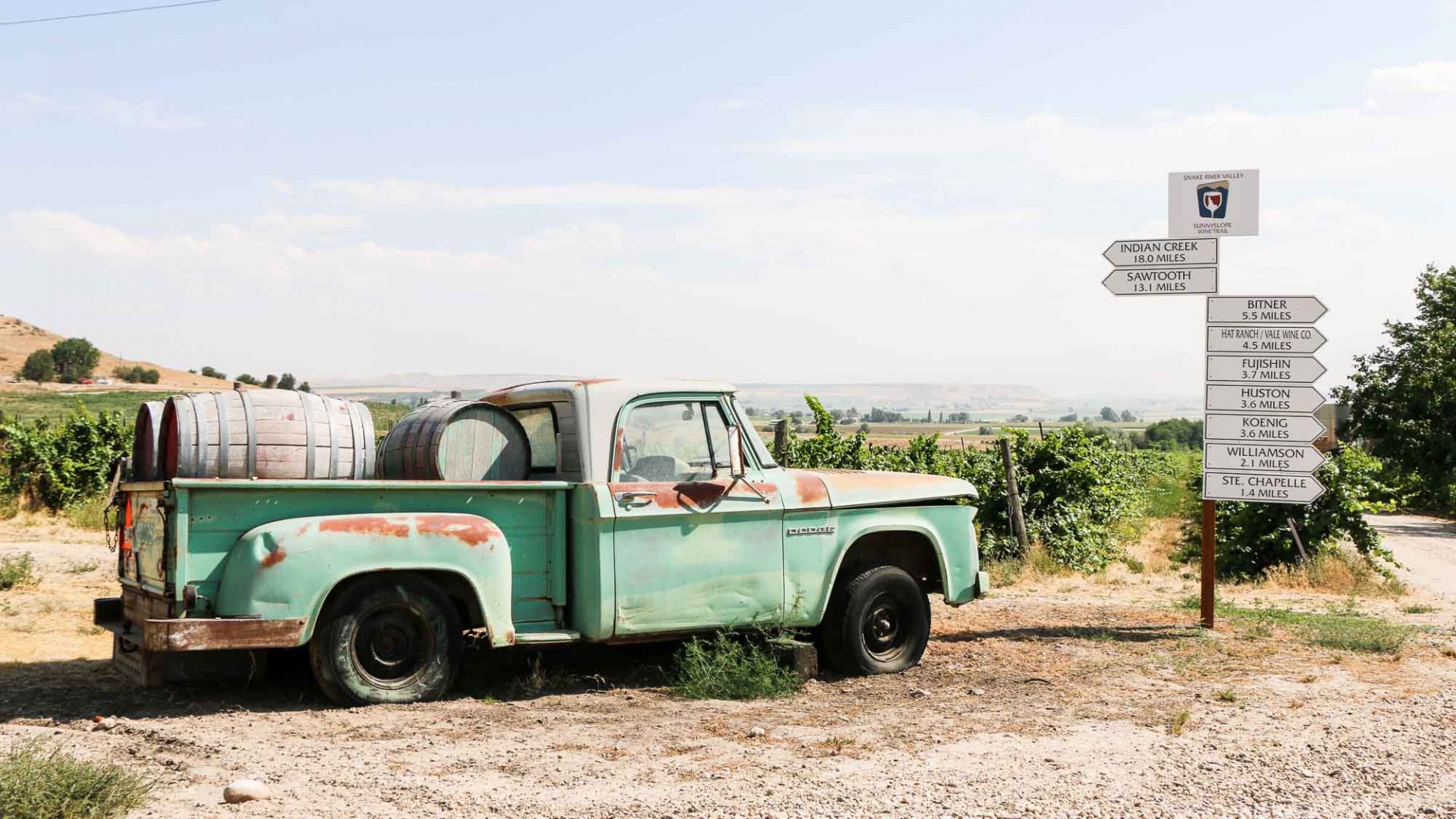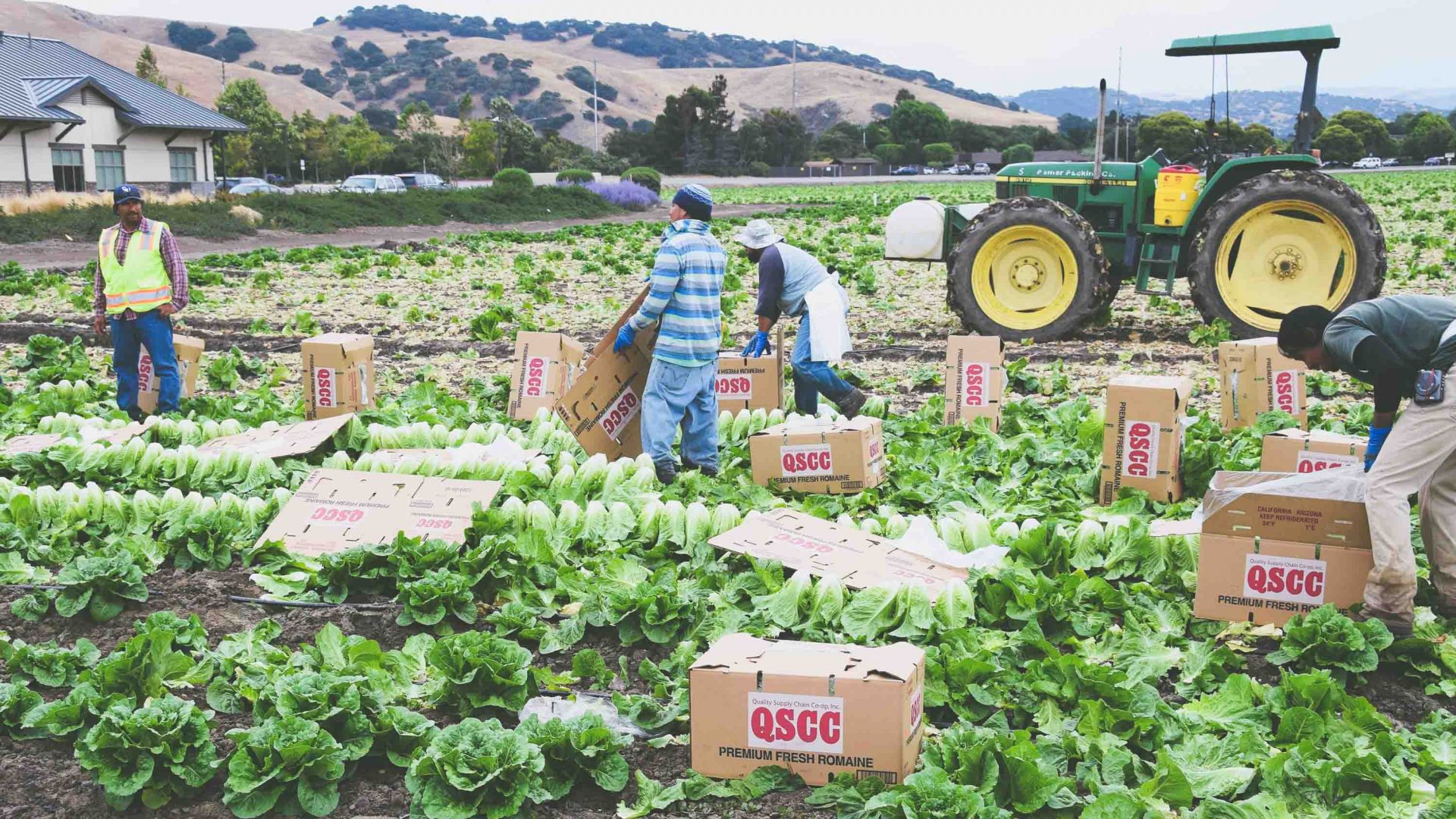
Editor’s note: This article was published before the coronavirus pandemic, and may not reflect the current situation on the ground.
California’s Mexican legacy far transcends taco trucks and tequila bars—after all, California was once part of Mexico. But why isn’t the influence of Mexicans, from farming to food to vineyards, more widely-known?
“Hispanics were in California before America even existed,” says the waitress, Elana. “We lived here when no-one cared about it. When a border had no meaning.”
I’m in a café opposite the National Steinbeck Center in Salinas, California. Elana happened to study English Literature at university, and we’ve been chatting about Grapes of Wrath, John Steinbeck’s seminal novel about migration from Oklahoma to California in the 1930s.
The novel shone a light on the experience of migrants to California, and won Steinbeck the 1940 Pulitzer Prize for Fiction. But it echoes awkwardly in modern-day America.
“Steinbeck showed that people always fear immigrants,” continues Elana. “So Trump and his rhetoric is nothing new, but he’s fed anti-Latino resentment, which is ironic seeing as my family have been in California since the 1700s.”












